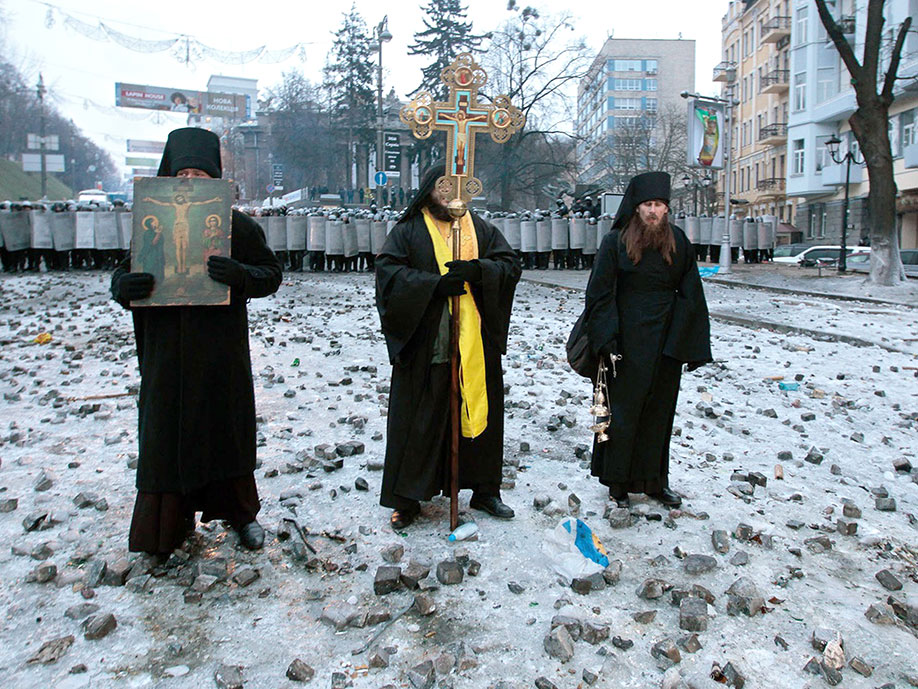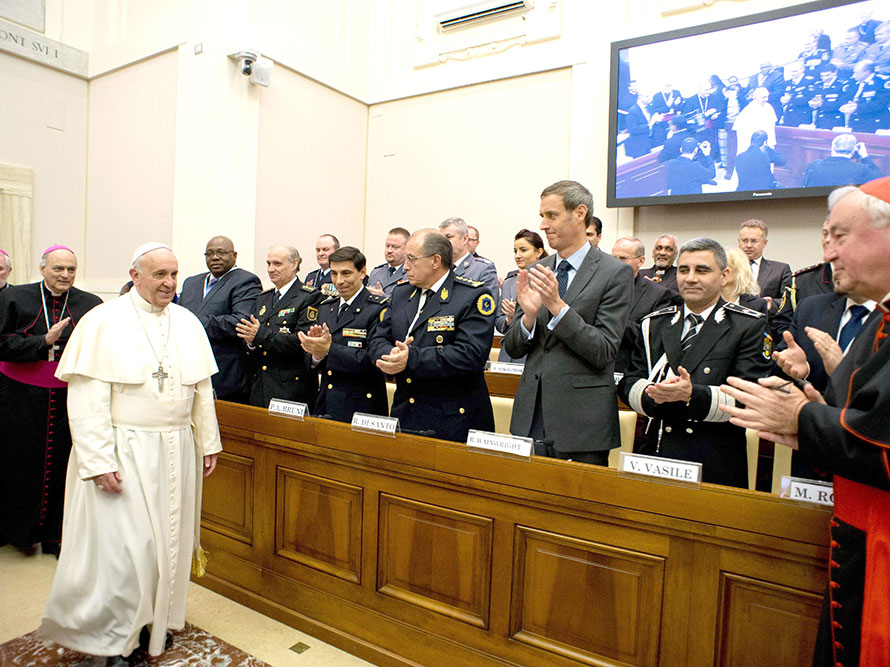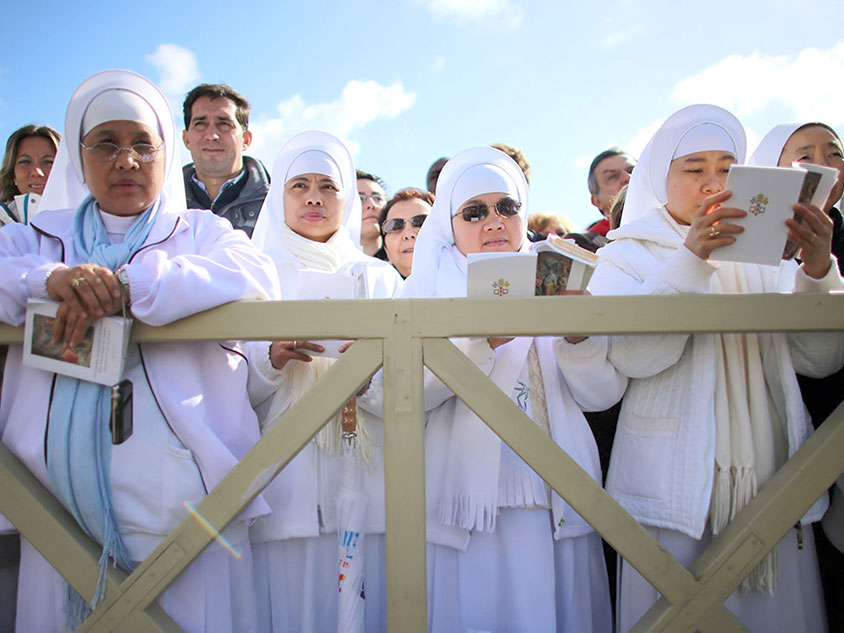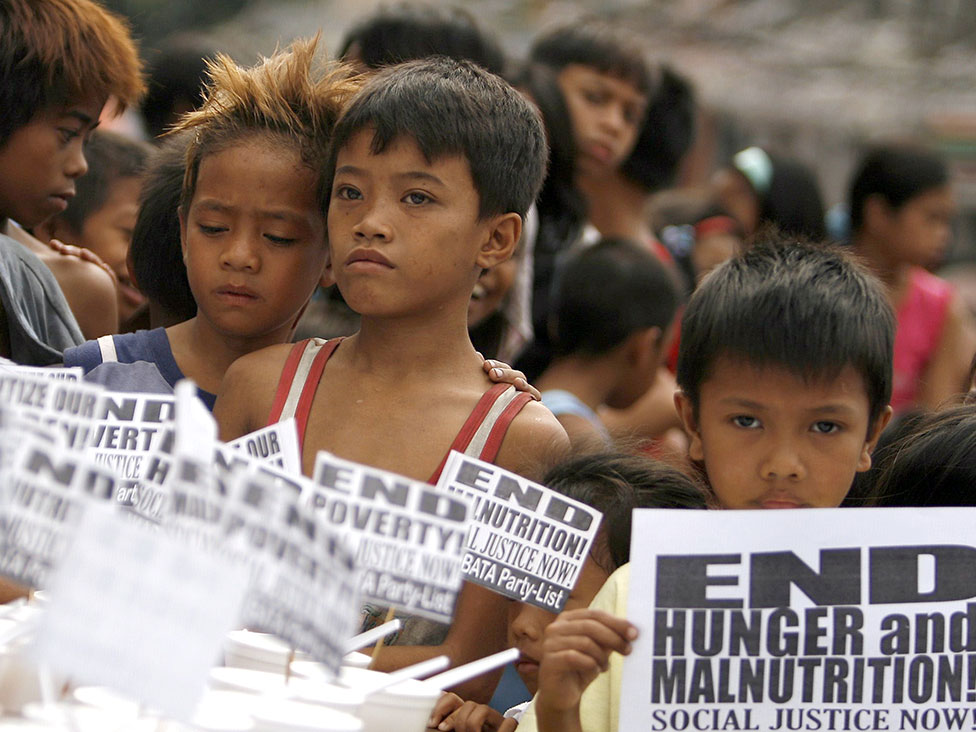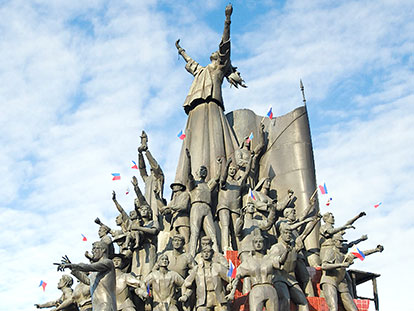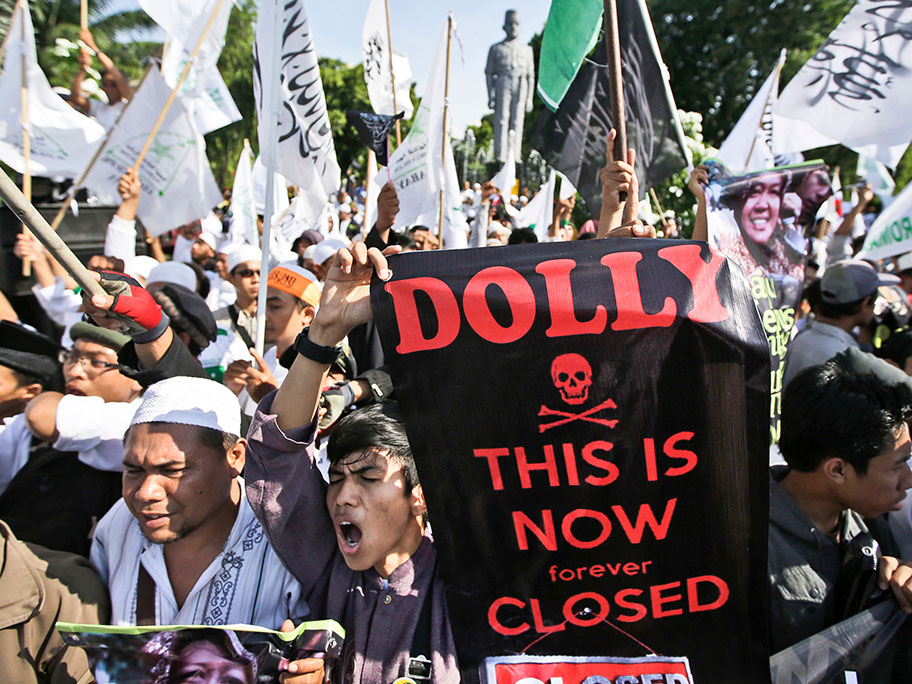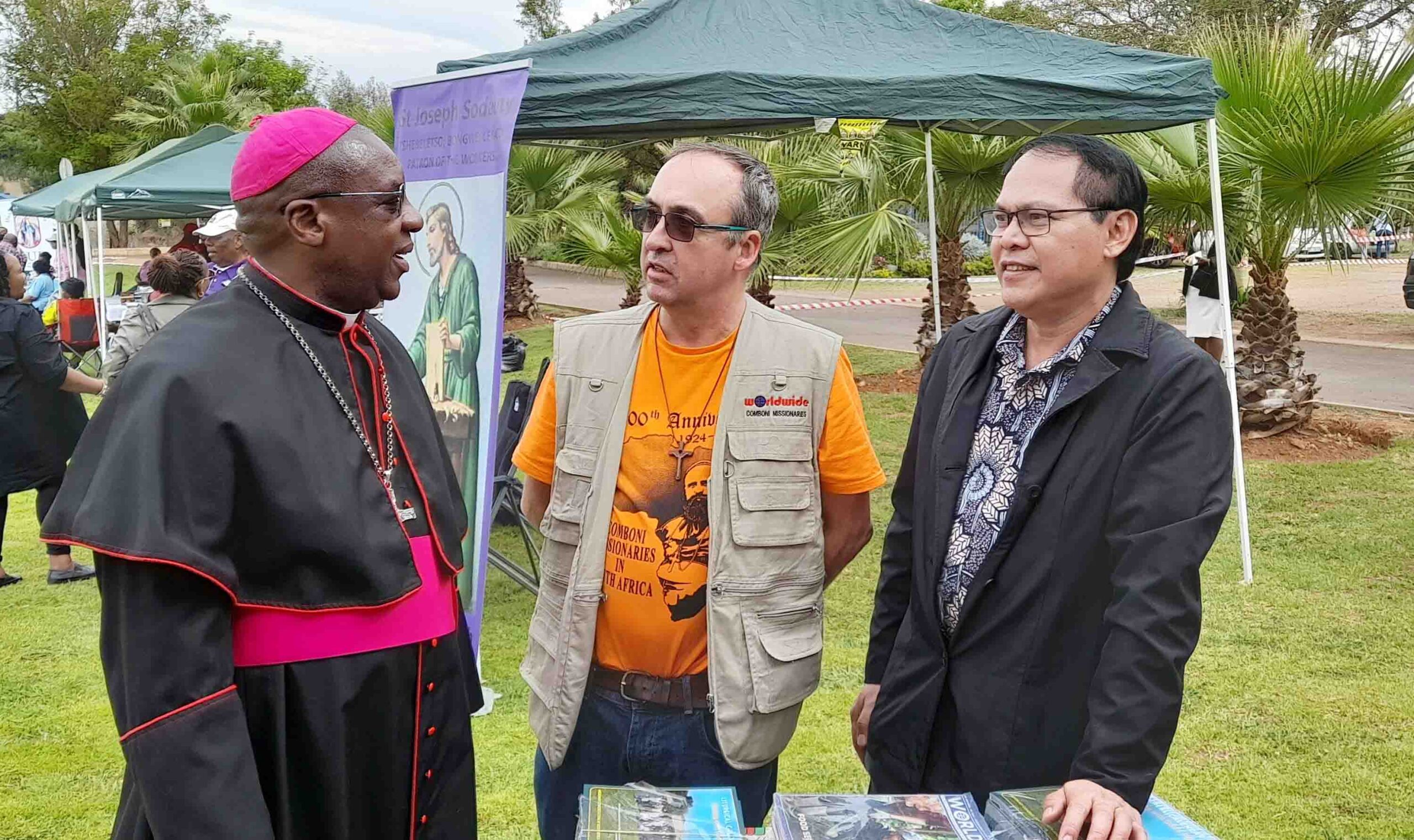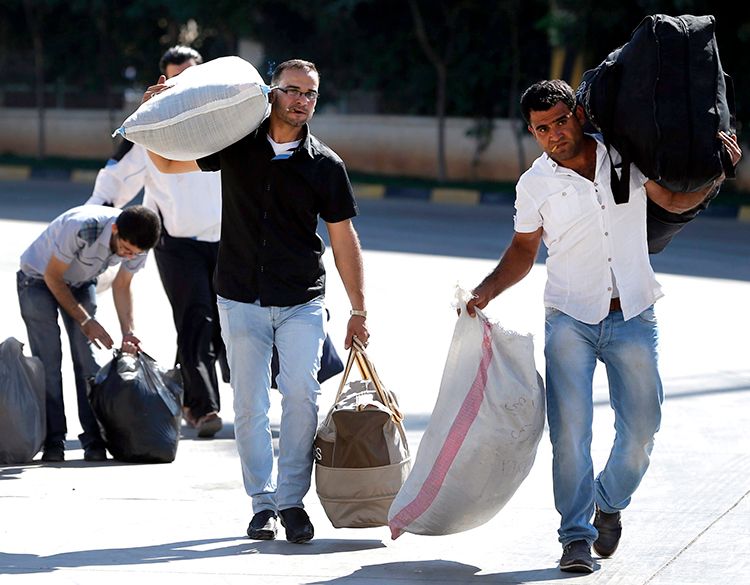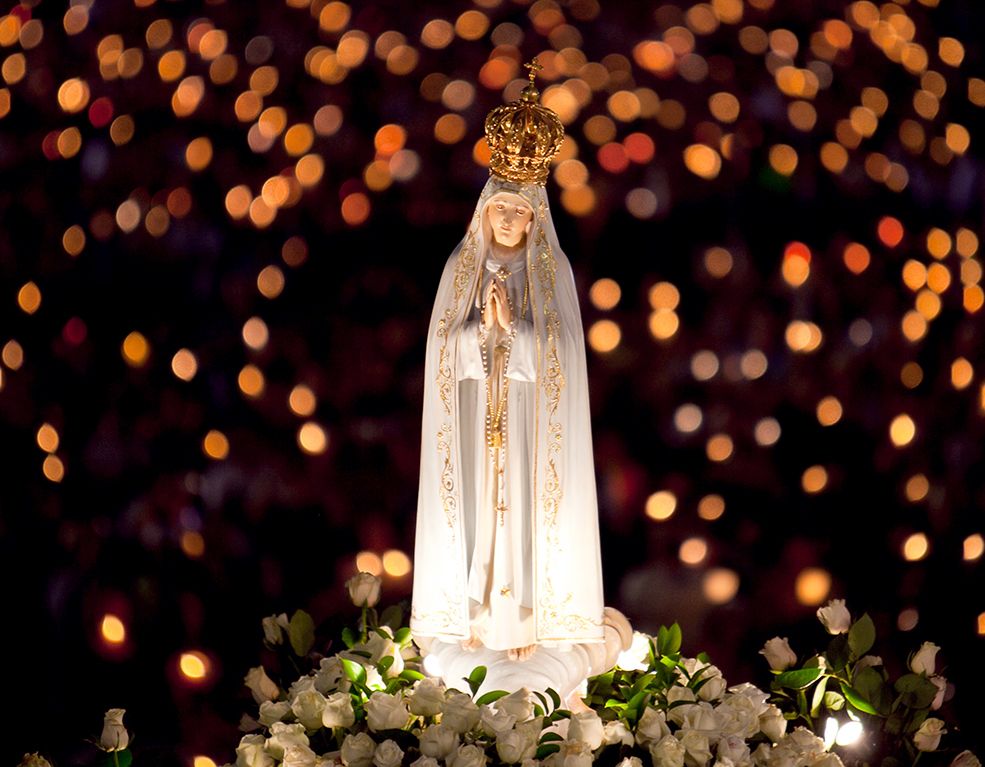Being intricately woven in all aspects of society, the Church is mindful and vigilant of the promotion of the values of social justice, or the lack of it. Throughout its history, people within the Church realized the importance of establishing social justice and, thus, called for the commitment of the Christian community and the continuous conversion of the Church towards justice.
In the past century, society has witnessed a surge in awareness for such issues. In the Protestant and Catholic Churches, for example, people realized how important it was to work for justice and peace. In the course of their work, Churches recognized that respect for the environment played a role in promoting justice and peace. That is why, today, all local Churches have Justice and Peace and Integrity of Creation Committees. These are responsible for the many awareness and action projects of the Churches. Many priests and ministers tackle justice and peace in their preaching, and many ministries are now focusing on these issues.
THE FIRST TOOL: PEOPLE
Greater awareness of justice and peace was cut out for the Catholic Church by Vatican Council II. With the approval of the decree Lumen Gentium, “Light of the Nations,” the Council Fathers urged believers to become a “messianic people,” a visible sign to the rest of the world of a new reality: the Kingdom of God. Under the decree, the follower of Christ is called to continue His work here on earth by proclaiming the presence of the Kingdom. The Kingdom is not a spiritual reality, but a holistic reality. It means that God is present among us and His Word is the light needed for our life. He also wants us to build structures that allow the whole of creation to come to maturity, with special attention given to all human beings and their right to know God and follow Him.
This is what Jesus actually meant by becoming “the yeast in the three measures of flour.” Three measures of flour (se’a in Aramaic, the language Jesus spoke) correspond to about four-hundred-fifty kilograms of flour. No one could work on such a mass of flour by hand. In the Bible, only Sarah, Abraham’s wife, was able to work three measures of flour. This was when God came to visit Abraham at Mamre. These biblical images teach us two things: by working on the mass of flour as Sarah did, the Christian community welcomes God. And by becoming the yeast, believers are able to empower themselves to work on an even larger reality.
Examples in the Church’s history attest to answering this call to become “the yeast.” The martyrs of the first centuries stood up against the absolute power of the Roman Empire. The first Christians helped the poor and asked for just laws. In the Middle Ages, the Church promoted the birth of financial institutions to support those neglected in societies. The first hospitals, “guest houses” in Latin, were created by the Church to care for those in need of medical attention. The list continues to this day.
THE SECOND TOOL: MINISTERS
In all these instances, the Church acted through ministers who had the competence to take on a new service to the poor and oppressed. As the Church becomes more aware of the need for justice, there is an urgent need to prepare ministers and equip them with the necessary tools to facilitate this work in our societies. They will sustain the people’s journey, supporting the mission of the Church in the world to proclaim and build the Kingdom of God. This ministry cannot be done haphazardly. From clear methodology that draws its content from the experience and the social teaching of the Church and especially from the Word of God, a great master plan for liberation, is needed.
The Bible, in fact, can be read as the continuous presence of God in human history, a God who does not merely sit at the window to see what happens, but a God who wishes all oppressed people to be liberated. “I heard the cry of My people,” the Lord said. We also learn from the Bible that the prophets were called to address imbalances in society, focus people’s attention on the poor and the oppressed, and urge people to conversion. Theirs was not a call for a religious change or for more sacrifices and ritual, but a going out of the Temple to care for the marginalized!
Social ministers will have to develop the same ability the prophets had: to read reality from the point of view of God. This social analysis will take into consideration not only the social structures but, most especially the mechanisms that move the human being. These include culture, traditions, misunderstandings, personal egos, etc. In doing so, the social minister will recognize what makes people advance, and what blocks them.
This is an important analysis especially in the context of religion, a powerful tool to move people, or to control them. Indeed, in our history, we can recognize when the wrong understanding of God has blocked the development of the Kingdom by supporting structures of evil. How many times has the wrong interpretation of the Gospel promoted the stiffness of a society that took advantage of the poor? Therefore, it is important to understand the need for spirituality, communion with God, and for channelling this tremendous strength towards a real growth according to God’s will.
Having these tools, one can now translate the values of justice and peace into reality through projects and pastoral activities. For instance, if a local community realizes that a potholed road is hindering local development, a social minister may decide to bring together all stakeholders and help them recognize the problem and identify the solution. The outcome, the repairing of the road, becomes a step forward in creating a just environment for all. It is also a step towards making a community be aware of what is required to address the needs of all. Even though there is nothing spiritual in road repair, the enhancement of community and service to all is already a sign of conversion.

